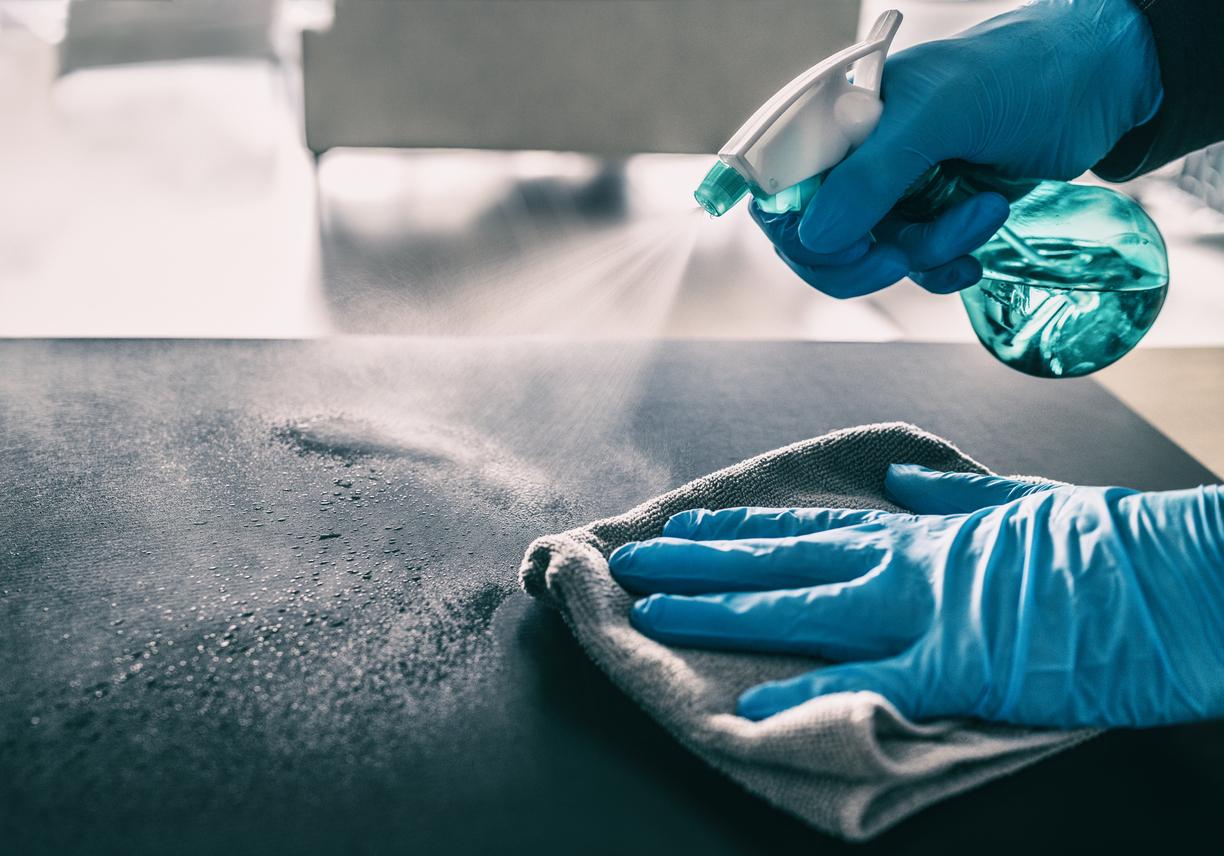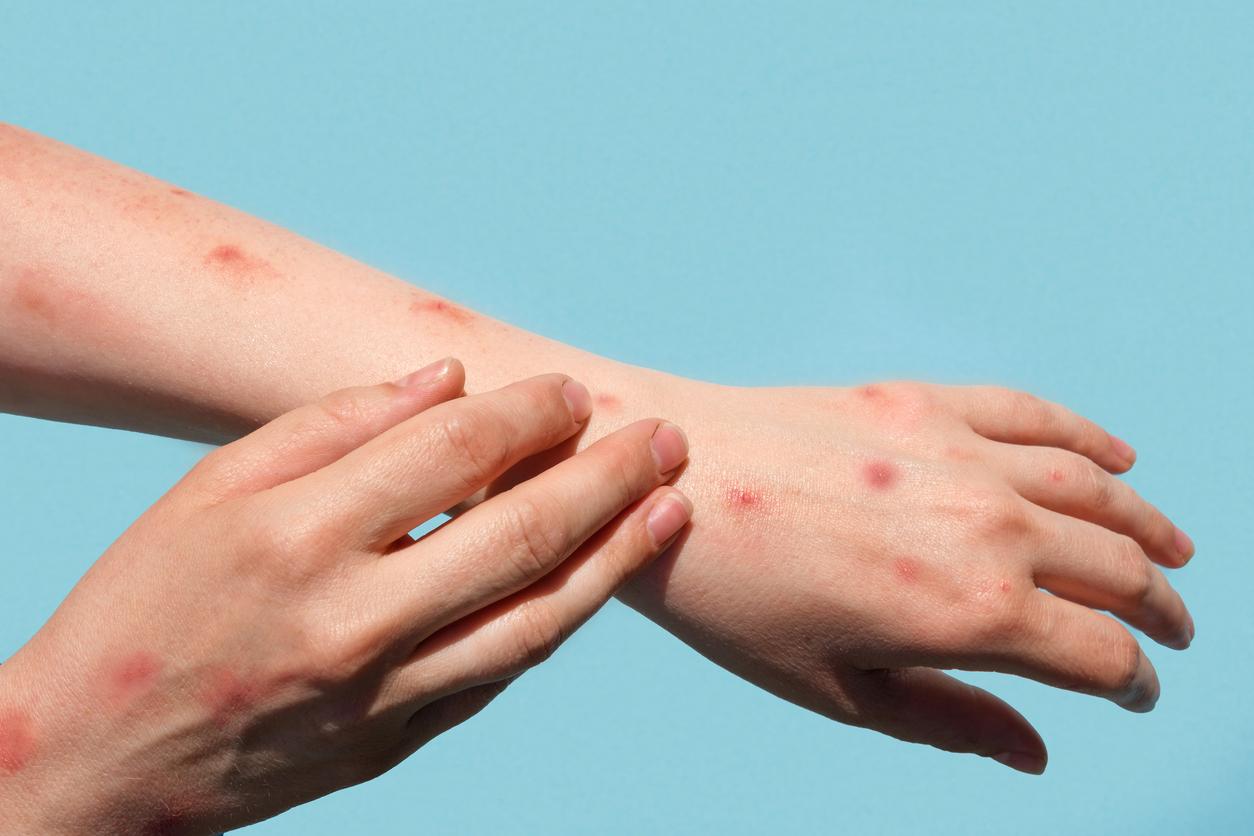Valproate (better known as Depakine®) is a molecule prescribed mainly to treat epilepsy or bipolar disorders. If it is known to multiply by 4 or 5 the risk of early neurodevelopmental disorders in children who have been exposed to it in utero, it appears that this risk would also exist. when the father took the drug before conception.
In a letter addressed to intended for pharmacists, neurologists, neuropediatricians, pediatricians, general practitioners, psychiatrists, gynecologists, gyneco-obstetricians and midwives, the National Medicines Safety Agency (ANSM) indicates that thethe use of valproate or its derivatives (Depakine, Depakote, Depamide, Micropakine and generics) within 3 months of conceiving a child could expose him to a potential risk of neurodevelopmental disorders.
The Agency therefore advises healthcare professionals to discuss this risk with their patients and:
- For those planning to conceive, discuss the possibility of treatment alternatives.
- For those who have conceived a child (already born or to be born) during their treatment, to invite them to share their questions in order to allow appropriate care.
- For parents who are wondering about possible developmental disorders in their child, to direct them to the coordination and orientation platforms (PCO).
A risk that varies from 5 to 6%
The ANSM justifies this alert by a study Scandinavian, carried out over a long period in Norway, Sweden and Denmark, which shows that there would be “an increased risk of neurodevelopmental disorders, such as autism spectrum disorders, in children whose fathers were exposed to valproate” during the 3 months preceding conception.
“This risk varies between 5.6% and 6.3% in children born to fathers exposed to valproate. (…) As a reminder, this risk of neurodevelopmental disorders is around 30% to 40% after maternal exposure to valproate.“
The researchers made a comparison with two other anti-epileptic drugs: lamotrigine (Lamictal®) and levetiracetam (Keppra®). Result: when the fathers were treated with these drugs during the 3 months preceding pregnancy, the risk of neurodevelopmental disorders in the child was between 2.5% and 3.6%.
Remember that valproate (and its derivatives) exposes you to a high risk of congenital malformations (11%) and neurodevelopmental disorders (up to 30 to 40%) in the event of maternal exposure during pregnancy.
Source : Safety information: valproate and derivatives, ANSM, August 2023


















